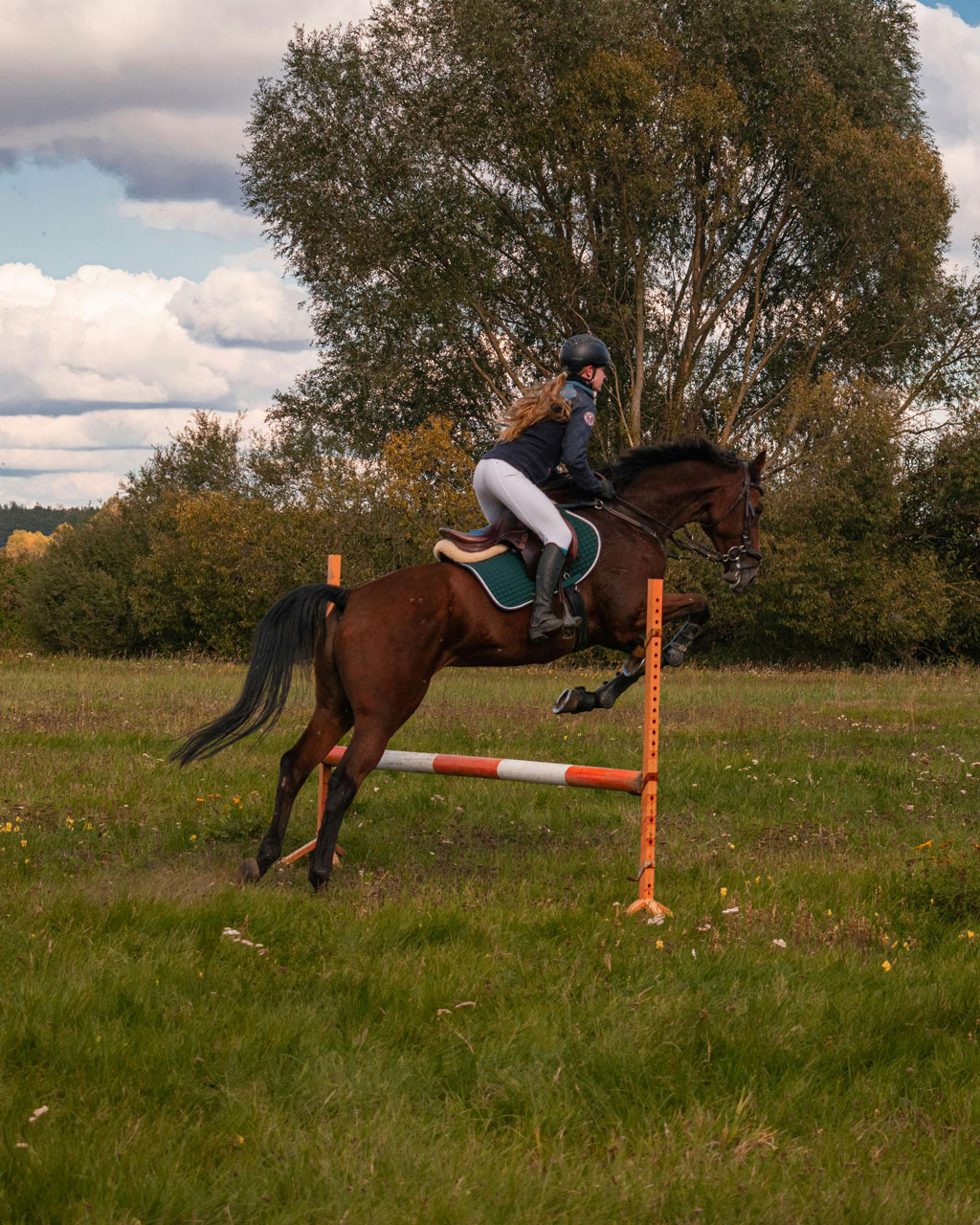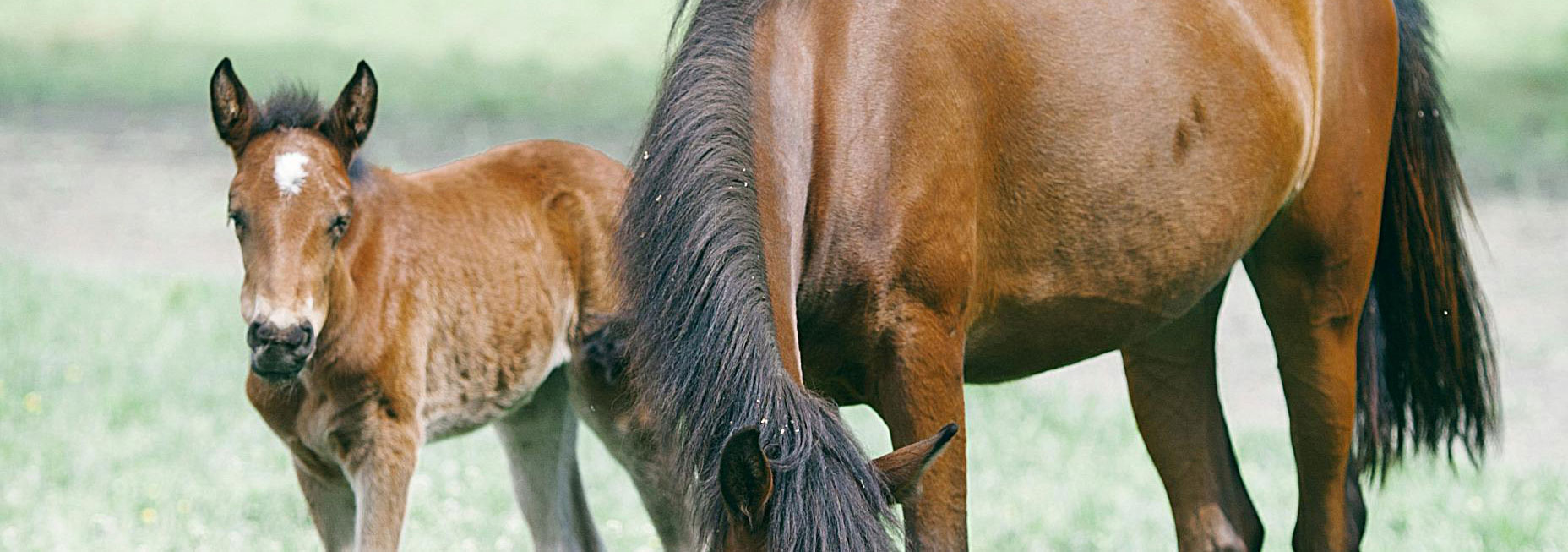Australia’s equine industry is experiencing unprecedented growth, creating exciting career opportunities for horse enthusiasts across the country. With the racing industry alone contributing billions to the Australian economy and recreational horse ownership continuing to rise, the demand for skilled equine professionals has never been higher. Whether you’re passionate about horse care, training, or the business side of the industry, there’s a pathway that can transform your love for horses into a rewarding career.
1. Equine Veterinary Nurse
Equine veterinary nurses work alongside veterinarians to provide medical care for horses, from routine health checks to emergency treatments. This role requires a deep understanding of equine anatomy, physiology, and common health issues. You’ll assist with surgeries, administer medications, and educate horse owners about preventive care.
How to get there: Complete a Certificate a Certified Equine Course online or with an in-person school. Many equine courses now include veterinary nursing components, providing the foundational knowledge needed for this career path. Gaining hands-on experience through internships at equine hospitals or veterinary clinics is essential.
Salary range: $45,000 – $65,000 annually, with potential for higher earnings in specialized practices.

2. Professional Horse Trainer
Horse trainers work with horses of all ages and disciplines, from breaking in young horses to preparing competition animals. This career requires excellent horsemanship skills, patience, and the ability to read horse behaviour. Trainers may specialize in specific disciplines such as dressage, jumping, racing, or western riding.
How to get there: Start with foundational qualifications through recognized equine courses, then gain extensive hands-on experience working with experienced trainers. Many successful trainers begin as apprentices or stable hands before developing their own training programs.
Salary range: $50,000 – $80,000+ annually, with top trainers earning significantly more through prize money and training fees.
3. Stable Manager
Stable managers oversee the daily operations of horse facilities, from small private stables to large commercial operations. Responsibilities include staff management, horse care coordination, facility maintenance, and ensuring compliance with animal welfare standards. This role combines hands-on horse care with business management skills.
How to get there: A combination of equine qualifications and business management experience is ideal. Many stable managers progress through roles as stable hands and assistant managers, developing both technical horse knowledge and leadership skills.
Salary range: $55,000 – $75,000 annually, with additional benefits often including accommodation and vehicle allowances.

4. Equine Nutritionist
With growing awareness of the importance of proper nutrition for horse health and performance, equine nutritionists are increasingly in demand. These professionals assess horses’ dietary needs, develop feeding programs, and work with owners to optimize their horses’ health through nutrition.
How to get there: A degree in animal science, veterinary science, or specialized equine nutrition is typically required. Some equine courses include nutrition modules, but additional specialized training is usually necessary for this career path.
Salary range: $60,000 – $90,000 annually, with consultancy opportunities providing additional income.
5. Farrier
Farriers are skilled craftspeople who specialize in horse hoof care, including trimming, shoeing, and corrective work. This traditional trade requires physical strength, technical skill, and a deep understanding of equine anatomy. With every horse requiring regular hoof care, farriers enjoy steady demand for their services.
How to get there: Complete a farriery apprenticeship through a registered training organization. This hands-on training typically takes 3-4 years and combines practical skills with theoretical knowledge about horse anatomy and metalworking.
Salary range: $65,000 – $90,000+ annually, with experienced farriers often earning more through specialized corrective work.

6. Equine Therapist
Equine therapists provide physical rehabilitation and wellness services for horses, including massage, physiotherapy, and alternative treatments. This growing field focuses on maintaining horse health, preventing injuries, and supporting recovery from illness or injury.
How to get there: Many equine courses now include therapy modules, but specialized training in specific therapeutic techniques is essential. Certification through recognized therapy organizations adds credibility to your practice.
Salary range: $50,000 – $70,000 annually, with potential for higher earnings through private practice.
7. Stud Manager
Stud managers oversee breeding operations, from managing mares and stallions to coordinating breeding programs and maintaining breeding records. This role requires extensive knowledge of genetics, breeding techniques, and business management.
How to get there: A combination of equine qualifications focusing on breeding and genetics, along with hands-on experience at breeding facilities, is essential. Many stud managers begin as stud hands and progress through assistant roles.
Salary range: $70,000 – $100,000+ annually, with potential for profit-sharing in successful breeding operations.

8. Equine Event Coordinator
The equine events industry encompasses everything from local horse shows to major competitions and festivals. Event coordinators manage logistics, coordinate with officials, and ensure events run smoothly while maintaining safety standards.
How to get there: Event management qualifications combined with equine industry knowledge create the ideal foundation. Experience in equine competition as a participant or volunteer provides valuable insight into industry requirements.
Salary range: $45,000 – $65,000 annually, with freelance opportunities providing additional income.
9. Equine Insurance Specialist
As the equine industry becomes more sophisticated, the need for specialized insurance services grows. Equine insurance specialists assess risks, process claims, and provide advice on coverage options for horses, facilities, and equine businesses.
How to get there: Insurance qualifications combined with equine industry knowledge are essential. Many specialists begin in general insurance before specializing in equine coverage through additional training and industry experience.
Salary range: $55,000 – $80,000 annually, with senior specialists earning more through bonuses and commissions.

10. Equine Business Consultant
Equine business consultants help horse industry businesses improve their operations, from small training facilities to large commercial operations. This role combines business expertise with deep industry knowledge to help clients achieve their goals.
How to get there: Business qualifications combined with extensive equine industry experience create the foundation for this career. Many consultants begin as successful operators in other equine careers before transitioning to consulting.
Salary range: $60,000 – $100,000+ annually, with established consultants earning premium rates for specialized expertise.
Getting Started in Your Equine Career
The equine industry offers diverse career paths for people with different skills and interests. Whether you’re drawn to hands-on horse care, business management, or specialized services, there’s a role that can match your passion and abilities.
Most successful equine professionals recommend starting with solid foundational education through recognized equine courses, followed by gaining practical experience through internships, apprenticeships, or entry-level positions. The industry values hands-on experience highly, and many of the most successful professionals began their careers working directly with horses before specializing in their chosen field.
Building a network within the equine community is also crucial for career success. Attend industry events, join professional associations, and connect with others in your chosen field. The equine industry is built on relationships, and having strong connections can open doors to opportunities and provide valuable mentorship.
Australia’s equine industry continues to grow and evolve, creating new opportunities for skilled professionals. With the right combination of education, experience, and passion, you can build a rewarding career doing what you love while contributing to this dynamic and exciting industry.
Whether you’re just starting your career journey or looking to transition into the equine industry, now is an excellent time to explore the opportunities available and take the first steps toward your dream career with horses.




